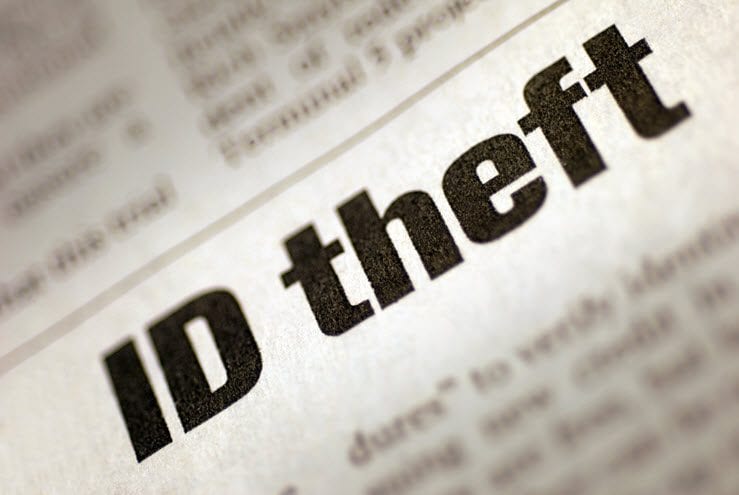The Newest Wrinkle in ID Theft

ID theft is a booming business, and not always for the crooks. Firms are responding to fears of ID theft with new services. A host of ways now exists to protect you from ID theft or limit the damages from theft.
Not all these services are effective or worth the money. Don’t be stampeded into an expensive service when cheaper and even free remedies are just as effective.
ID theft is a vague term. In its simplest form it is an old-fashioned thief or pickpocket taking a credit card or a blank check. The thief then uses the stolen card until it is cancelled or tries to use the check.
At the other end of the spectrum are elaborate schemes in which a Social Security number and other personal information are obtained. The information is used to apply for loans and credit cards until the victim’s credit rating is ruined. The personal information can be obtained by stealing mail, taking documents from a person’s home (often by someone known to the victim), or tapping into a large database. There have been instances of laptop computers with databases being stolen or company insiders allowing access to ID thieves.
A number of services are springing up to make people feel more secure about their data.
Numerous credit-monitoring services offer different features for $10 to $12 per month. Some send a monthly report of the activity in your credit report. Others say they will alert you to any “unusual activity” in your report or accounts. The alert might come by mail, e-mail, telephone, or a combination. Some services monitor public records for use of your name and alert you to the mentions.
These services generally are offered by banks, credit card issuers, and the major credit reporting agencies. In other words, many of the institutions responsible for protecting your data and ensuring that the person using your name really is you want to charge you each month for letting you know what is happening with your account.
Before paying for these and other services, consider the free options available to protecting your identity.
You are entitled to a free copy of your credit report each year. If you are denied credit partly based on a review of your credit file, you also are entitled to a free copy of the report. Additional reviews of the report during the year are available from the credit reporting agencies for a small fee. Consider whether you need to pay for a monthly report when these options are available.
A fraud alert can be put on your credit reporting information at no charge. The alert tells companies who are using the report that you have reason to believe your identity might have been compromised and they should take additional steps to verify with whom they are dealing. The creditor always can ignore the report and is not required to take any additional steps.
In about 20 states you can put a freeze on your credit file for a fee of about $10. No one is allowed to access your report while the freeze is on, and new credit cannot be approved until you remove the freeze. A bill in Congress would allow freezes in all 50 states.
Separate ID theft insurance policies are available. But the benefits do not amount to much, and similar coverage at lower cost now is available through most homeowners’ policies and credit card issuers.
A careful review of your financial statements each month also is invaluable. Too many people look only at the balances or do not review their statements at all. Look at each transaction and be alert for any you do not recall.
Many credit card issuers offer guarantees of no losses from ID theft and have built theft identification into their systems now. I periodically receive telephone calls from my credit card issuers asking about unusual transactions highlighted by their computer systems. Usually the transactions are ones I made outside of my usual pattern. But recently they identified a case of someone else using my card information. The company quickly reversed the charges and said the retailer would be responsible for the charges.
Other free actions we have emphasized in the past are: keep your Social Security number and financial information secure (even in your home); shred documents with important financial information on them; use more sophisticated passwords for online accounts and transactions; and do not leave checks and other financial documents in your mailbox.
ID theft is a fast-growing crime that can have serious consequences. But do not let all the publicity about the crime stampede you into paying for services you do not need and that offer little value.
![]()





